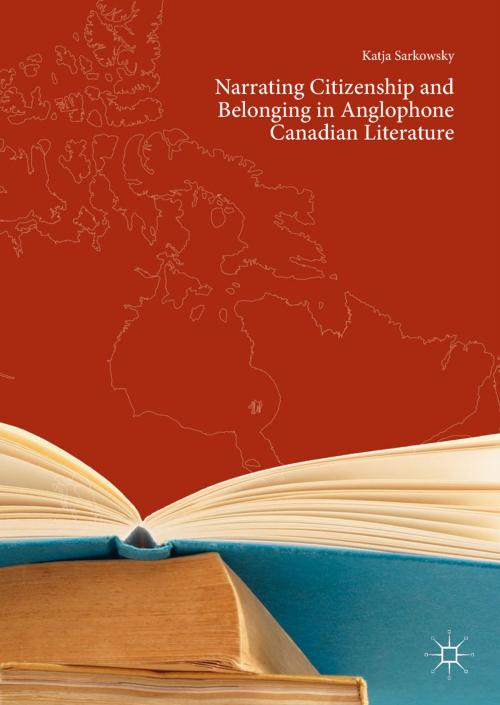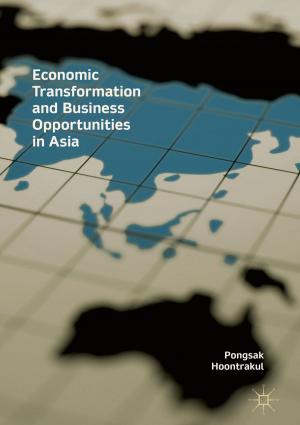Narrating Citizenship and Belonging in Anglophone Canadian Literature
Fiction & Literature, Literary Theory & Criticism, American, Nonfiction, Social & Cultural Studies, Social Science, Sociology| Author: | Katja Sarkowsky | ISBN: | 9783319969350 |
| Publisher: | Springer International Publishing | Publication: | August 27, 2018 |
| Imprint: | Palgrave Macmillan | Language: | English |
| Author: | Katja Sarkowsky |
| ISBN: | 9783319969350 |
| Publisher: | Springer International Publishing |
| Publication: | August 27, 2018 |
| Imprint: | Palgrave Macmillan |
| Language: | English |
This book examines how concepts of citizenship have been negotiated in Anglophone Canadian literature since the 1970s. Katja Sarkowsky argues that literary texts conceptualize citizenship as political “co-actorship” and as cultural “co-authorship” (Boele van Hensbroek), using citizenship as a metaphor of ambivalent affiliations within and beyond Canada. In its exploration of urban, indigenous, environmental, and diasporic citizenship as well as of citizenship’s growing entanglement with questions of human rights, Canadian literature reflects and feeds into the term’s conceptual diversification. Exploring the works of Guillermo Verdecchia, Joy Kogawa, Jeannette Armstrong, Maria Campbell, Cheryl Foggo, Fred Wah, Michael Ondaatje, and Dionne Brand, this text investigates how citizenship functions to denote emplaced practices of participation in multiple collectives that are not restricted to the framework of the nation-state.
This book examines how concepts of citizenship have been negotiated in Anglophone Canadian literature since the 1970s. Katja Sarkowsky argues that literary texts conceptualize citizenship as political “co-actorship” and as cultural “co-authorship” (Boele van Hensbroek), using citizenship as a metaphor of ambivalent affiliations within and beyond Canada. In its exploration of urban, indigenous, environmental, and diasporic citizenship as well as of citizenship’s growing entanglement with questions of human rights, Canadian literature reflects and feeds into the term’s conceptual diversification. Exploring the works of Guillermo Verdecchia, Joy Kogawa, Jeannette Armstrong, Maria Campbell, Cheryl Foggo, Fred Wah, Michael Ondaatje, and Dionne Brand, this text investigates how citizenship functions to denote emplaced practices of participation in multiple collectives that are not restricted to the framework of the nation-state.















